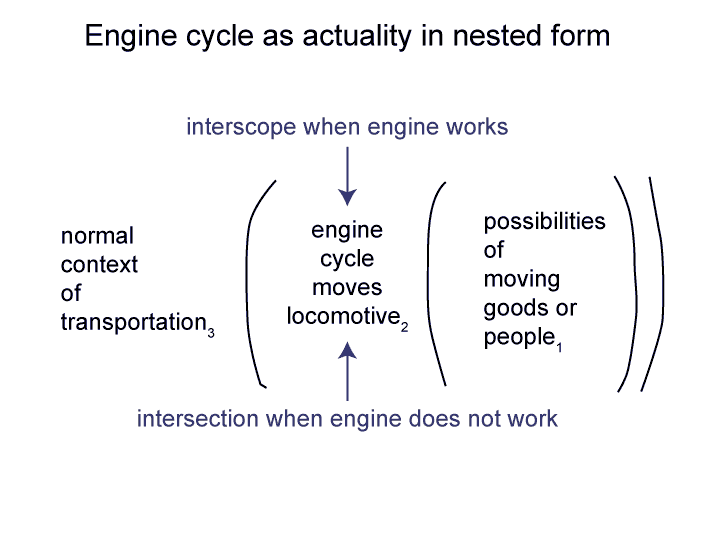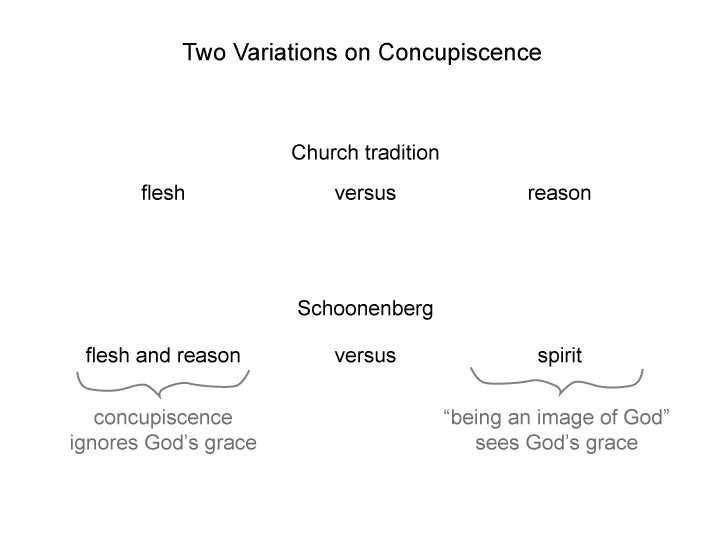Man and Sin by Piet Schoonenberg (1964) 2.3 CK-1
Summary of text [comment] page 82
[Schoonenberg made clear that Church doctrine is not wrong.
Instead, it has been rendered less relevant due to civilizational circumstances.
In 7764 U0’, Original Sin was labeled mythology (defined by Modernism as equivalent to all other ancient origin stories).
Specialized modern languages (or discourses) set ‘mythology’ into a framework of ‘true’ versus ‘false’ in regards to actuality. Such is the scientific point of view. The Story of the Fall could not support the actuality of the term ‘concupiscence’.
The modern placement was both true (versus false) and deceptive (versus true).
‘Mythology’ may be false in contrast to experimentally verifiable true. But, ‘mythology’ is not make believe in contrast to scientifically believable. Instead, ‘mythology’ is true as opposed to deceptive or deceptive as opposed to true.]


